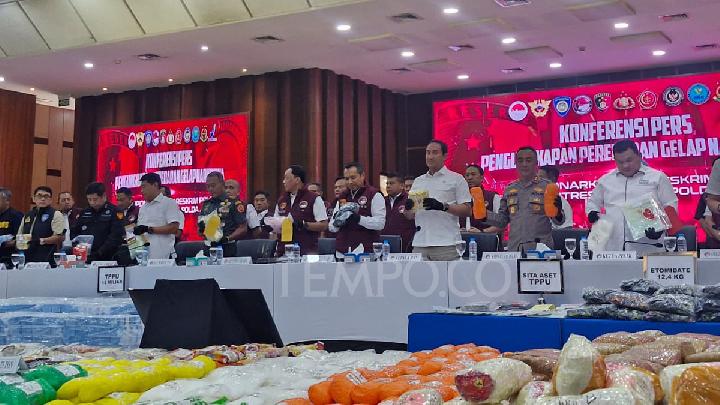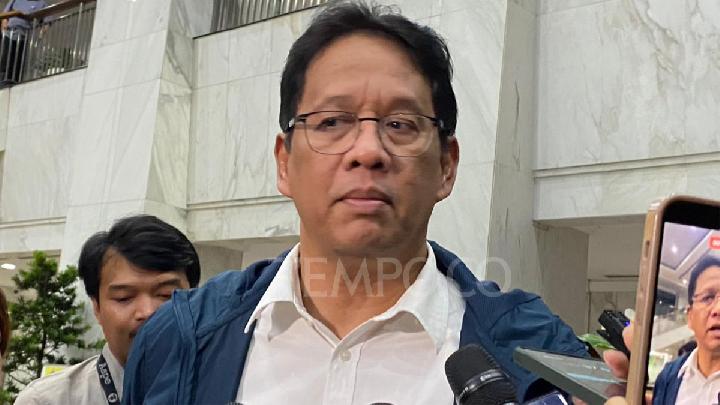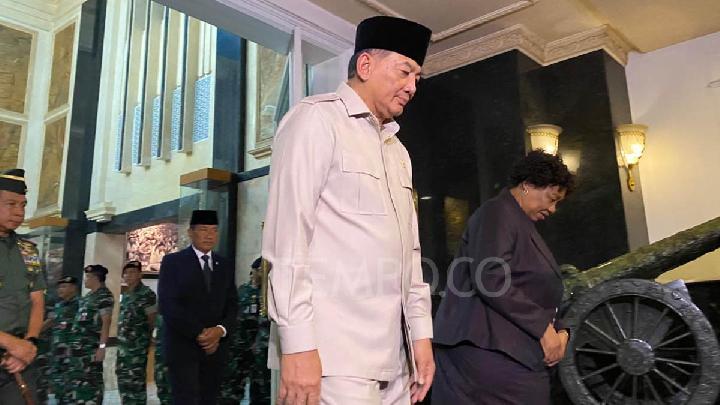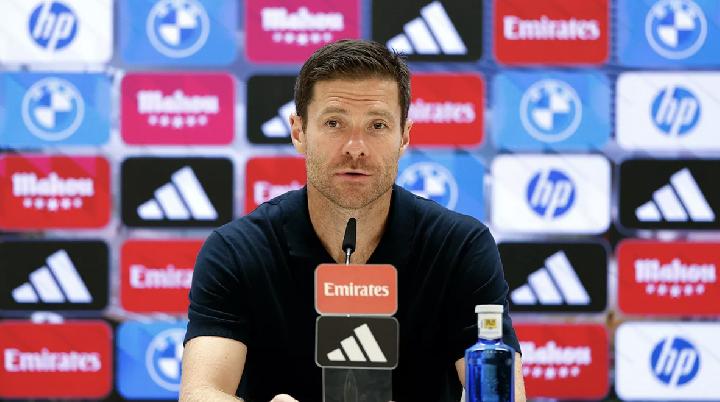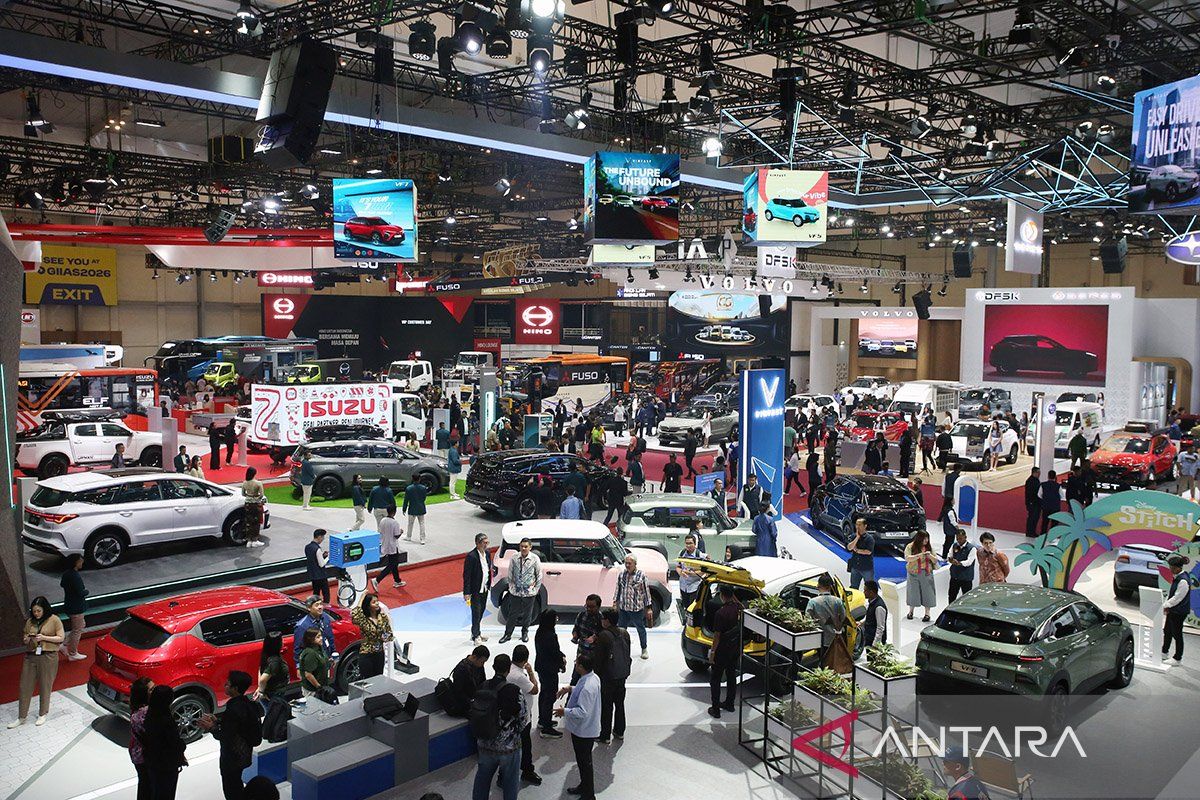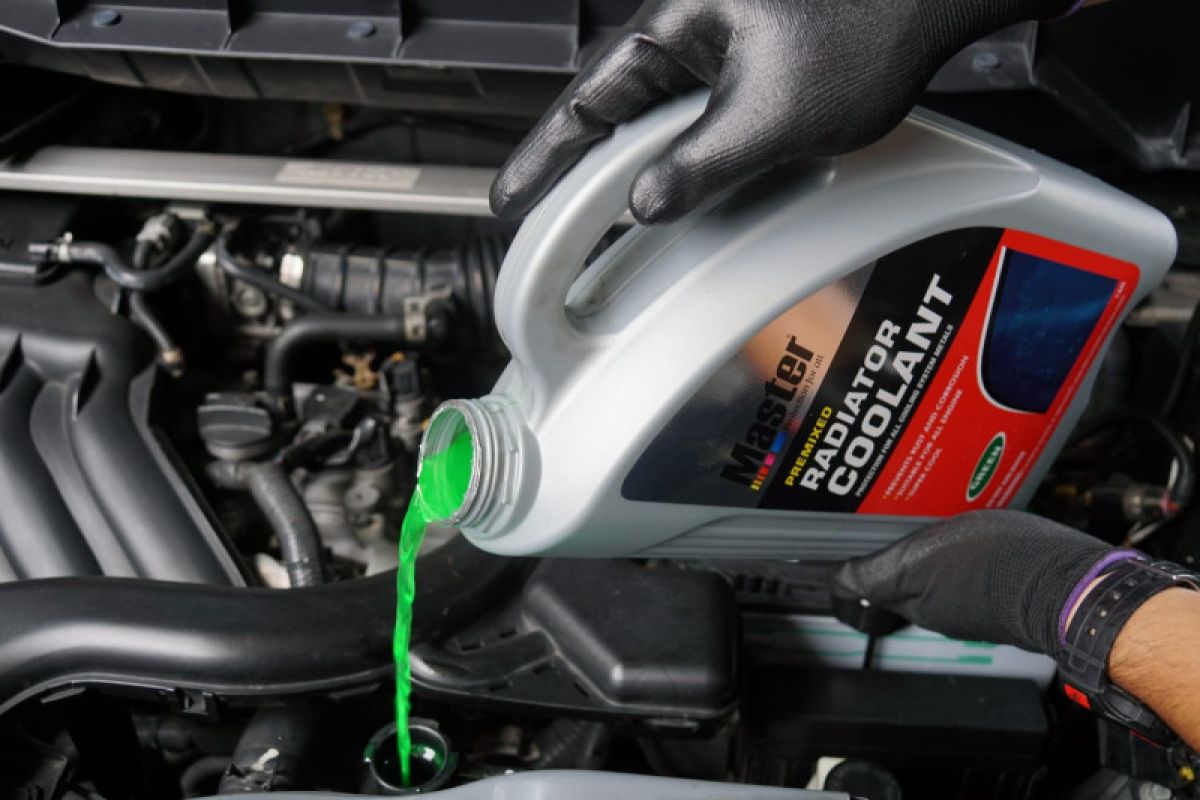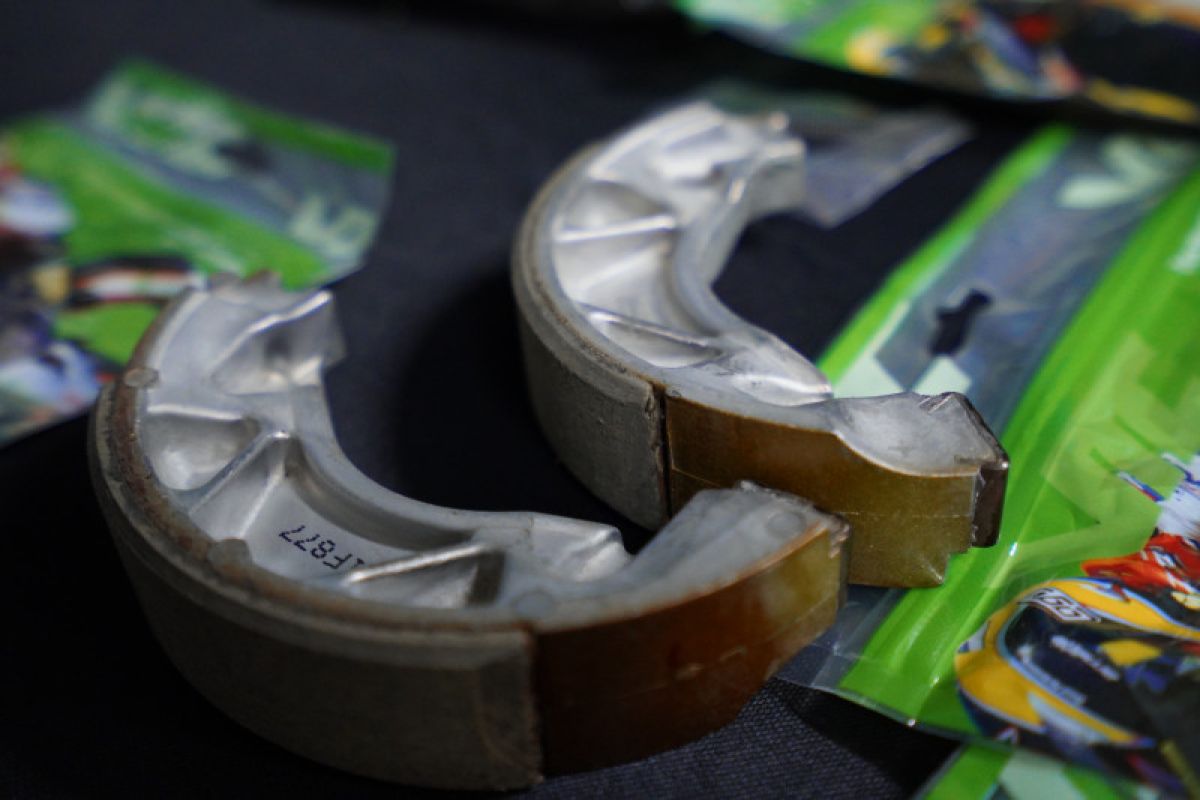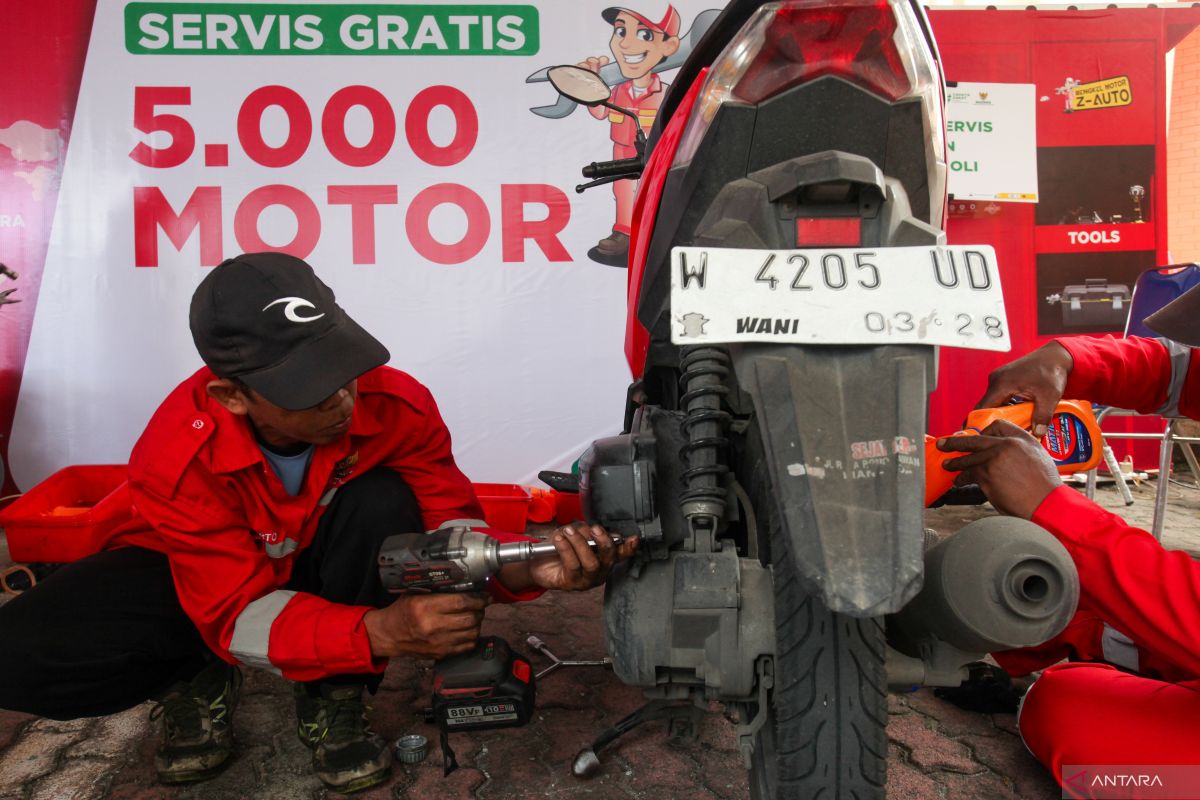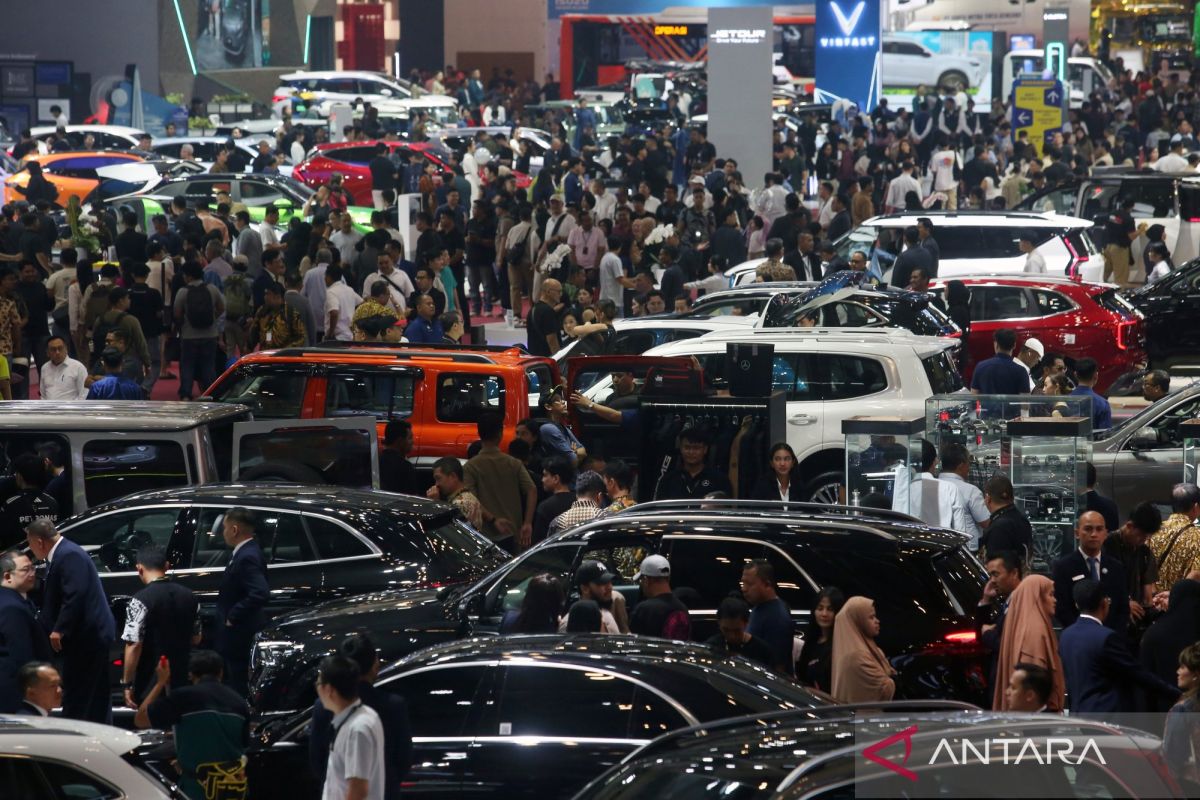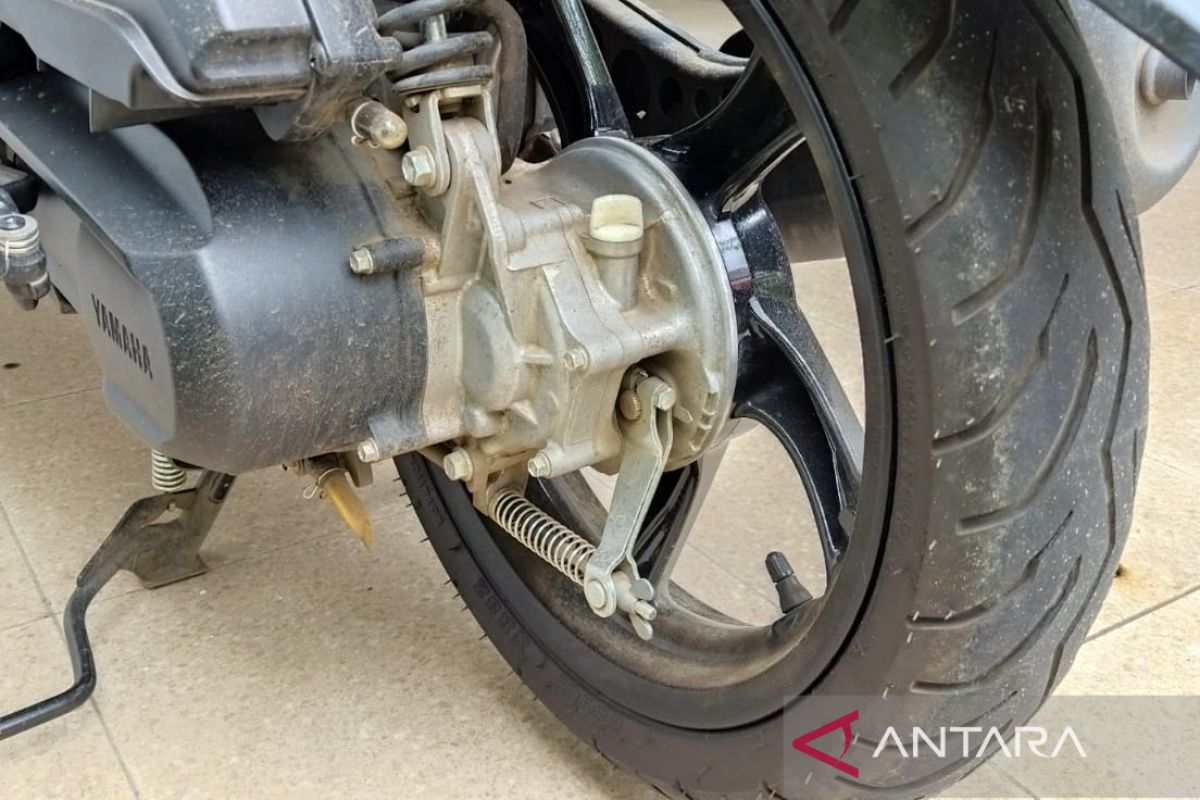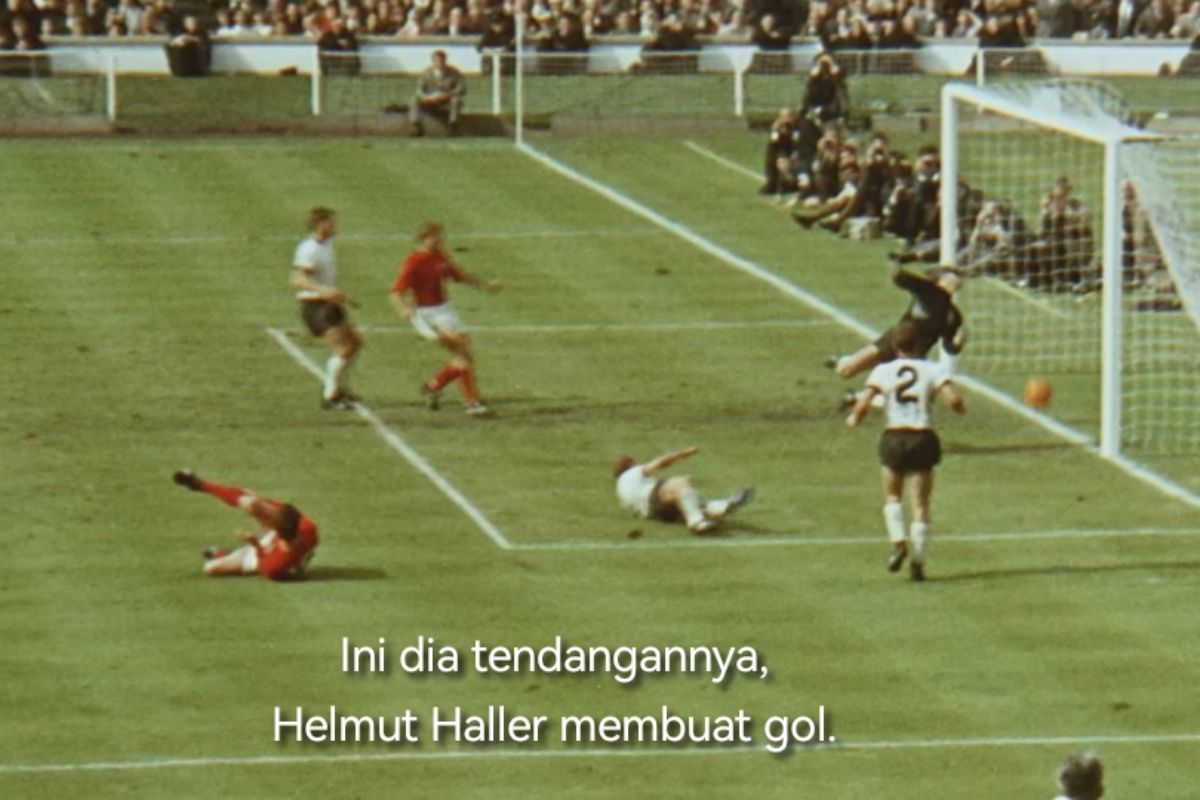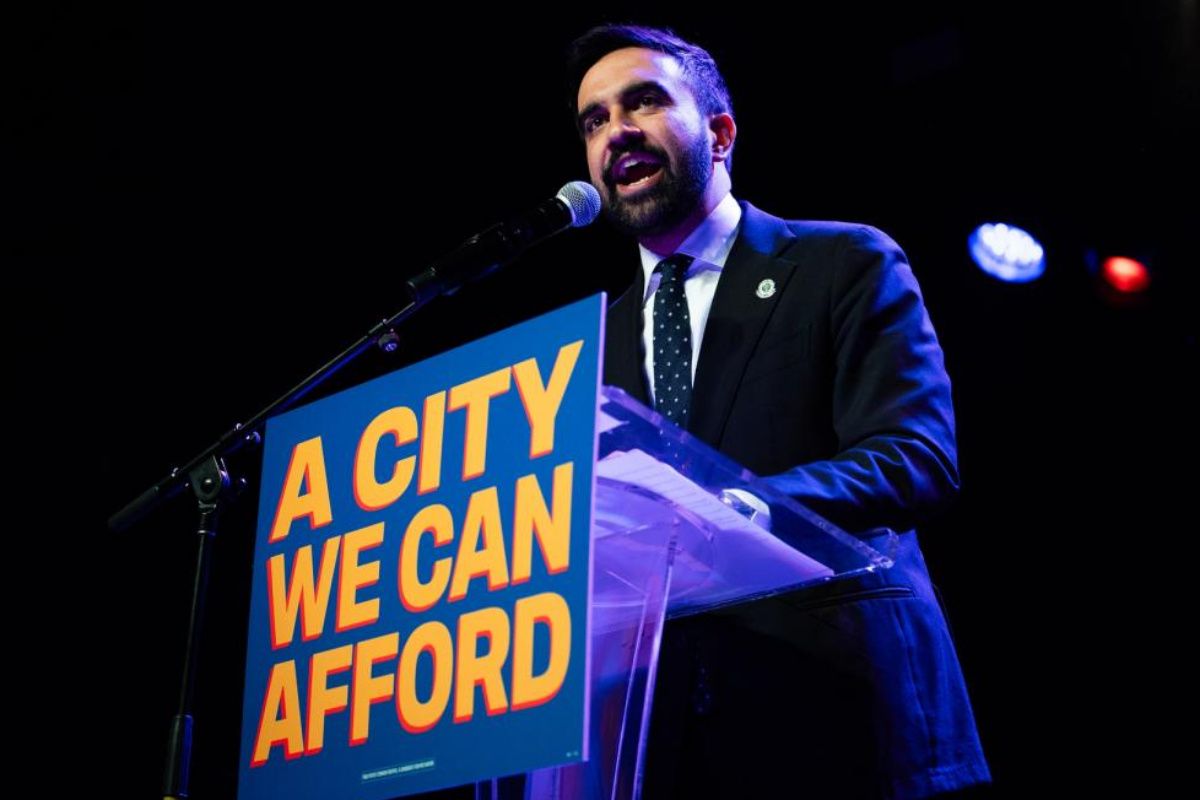TEMPO.CO, Jakarta - Lebanon is entering a new phase as the government decides to disarm militant groups in the country, including Hezbollah. This move raises questions about the group's next steps, as well as deepens political and public divisions in Lebanon, The New Arab reported.
During sessions last Tuesday and Thursday, the Lebanese cabinet removed the decades-old "legitimate" cover for Hezbollah's weapons, enshrined in the slogan "the army, the people, and the resistance," and endorsed the phased dissolution of all non-state armed groups, "including Hezbollah." However, the constitutional legitimacy of this decision is still heavily debated. While the president and government are recognized as legitimate, they were not elected with a mandate to disarm Hezbollah or redefine Lebanon's defense policy.
The Lebanese government announced a schedule for Hezbollah's disarmament, declaring that the military will develop a plan to bring all weapons under state authority by the end of 2025.
Why Does Lebanon Need to Disarm Hezbollah?
President Joseph Aoun and Prime Minister Nawaf Salam are facing pressures from the U.S. and domestic support to disarm Hezbollah, despite opposition from the group and its supporters, who were rattled by Israel's war, as reported by Al Jazeera.
The World Bank stated that Lebanon requires $11 billion for reconstruction and recovery, most of which is needed in southern Lebanon, the Bekaa Valley, and the outskirts of Beirut, where much of Hezbollah's support is concentrated.
Hezbollah's armament has long been a contentious issue in Lebanon, and attempts to interfere with the group's infrastructure or military capabilities have led to internal conflict. However, Hezbollah suffered a major defeat in an Israeli attack last year, diminishing its status as a political and military hegemon in Lebanon.
Salam said after a cabinet meeting on Thursday that his ministers agreed on the "objectives" of the U.S. proposal to ensure that weapon possession is "restricted solely to the state." This disarmament is feared to ignite a new political crisis.
What is Hezbollah's Response?
Under its late leader, Hassan Nasrallah, the group threatened that any action taken against their armaments could lead to a civil war. However, Hezbollah has not yet made a definitive stance. They have only stated that they will treat the decision as if it doesn't exist.
Hezbollah leader Naim Qassem rejected the idea, stating that disarming the group will leave Lebanon vulnerable to attacks and only serve Israel.
Ali Mokdad, a Hezbollah MP, also dismissed the decision, calling it "ink on paper." Another Hezbollah MP, Mohammad Raad, said the decision can never be implemented and likened Hezbollah surrendering its weapons to "suicide."
According to the group, Prime Minister Nawaf Salam's government committed a grave sin by deciding to disarm Lebanon to confront the enemy Israel. "This decision fully serves Israel's interest," the group said in a statement, as quoted by Al Jazeera.
Despite vehemently rejecting the government's decision, Hezbollah has not taken military action. This could be due to a change in strategy or a weakening of capacity after a major defeat.
Is Iran Still Supporting Hezbollah?
Iran reaffirmed its strong support for Hezbollah on Wednesday, August 6, 2025, following the Lebanese government's decision to disarm the group, emphasizing that Tehran does not meddle in Hezbollah's decision-making, as reported by Anadolu.
Iran's Foreign Minister Abbas Araghchi stated in a TV interview that attempts to disarm Hezbollah are not new and stem from the group's increased strength in battle.
He stated, “This is not the first time they’ve tried to strip Hezbollah of its weapons,” and linked these efforts to Hezbollah's proven strength in the battlefield. Araghchi noted that despite some people thinking that recent setbacks in the battlefield could open the door for disarmament, Hezbollah's firm stance, as reflected in its leader's response, shows that Hezbollah remains steadfast and unyielding.
Araghchi also pointed out that prominent Shia figures and groups in Lebanon, such as the Amal Movement and Parliament Speaker Nabih Berri, fully support Hezbollah, declaring that the Shia factions in Lebanon are currently at the peak of their power.
According to the Iranian official, Hezbollah has recovered from the damages of war, reorganized its forces, and replaced necessary commanders. Iran supports any decision made by Hezbollah but does not intervene in the group's internal decisions.
These statements from Iran sparked harsh reprimand from Lebanese Foreign Minister Youssef Raggi, who described Araghchi's comments as "an unacceptable interference" in Lebanon's internal affairs.
Raggi condemned the remarks for undermining Lebanon's sovereignty, unity, and stability, emphasizing that bilateral relations should be based on mutual respect, equality, non-interference, and adherence to the decisions of legitimate institutions in Lebanon. He stated that it is entirely unacceptable to use such relations to promote or support domestic actors outside the framework of Lebanon's state institutions.
Current Situation
On Saturday, six Lebanese soldiers were killed, and several others were injured when a weapons depot exploded during a dismantling operation in Wadi Zibqin, located in the Tyre district, southern Lebanon. The Lebanese army confirmed that the explosion occurred while soldiers were inspecting and moving leftover ammunition from previous conflicts, as reported by Anadolu.
An investigation is ongoing to determine the exact cause of the explosion. It is believed that the depot contained remnants of Israeli military attacks, especially from the recent conflict between Israel and Hezbollah in the area.
The blast occurred in a sensitive area south of the Litani River, where Hezbollah fighters had withdrawn as part of ceasefire terms. Lebanese forces and UN peacekeepers have since taken responsibility for clearing Hezbollah military positions in this area. The UN forces recently reported finding fortified tunnel networks, bunkers, rockets, artillery, anti-tank mines, and a number of improvised explosive devices in the vicinity, indicating the complexity and danger in dismantling these sites.
Editor’s Choice: Six Lebanese Soldiers Killed While Inspecting Hezbollah Weapons Depot
Click here to get the latest news updates from Tempo on Google News



